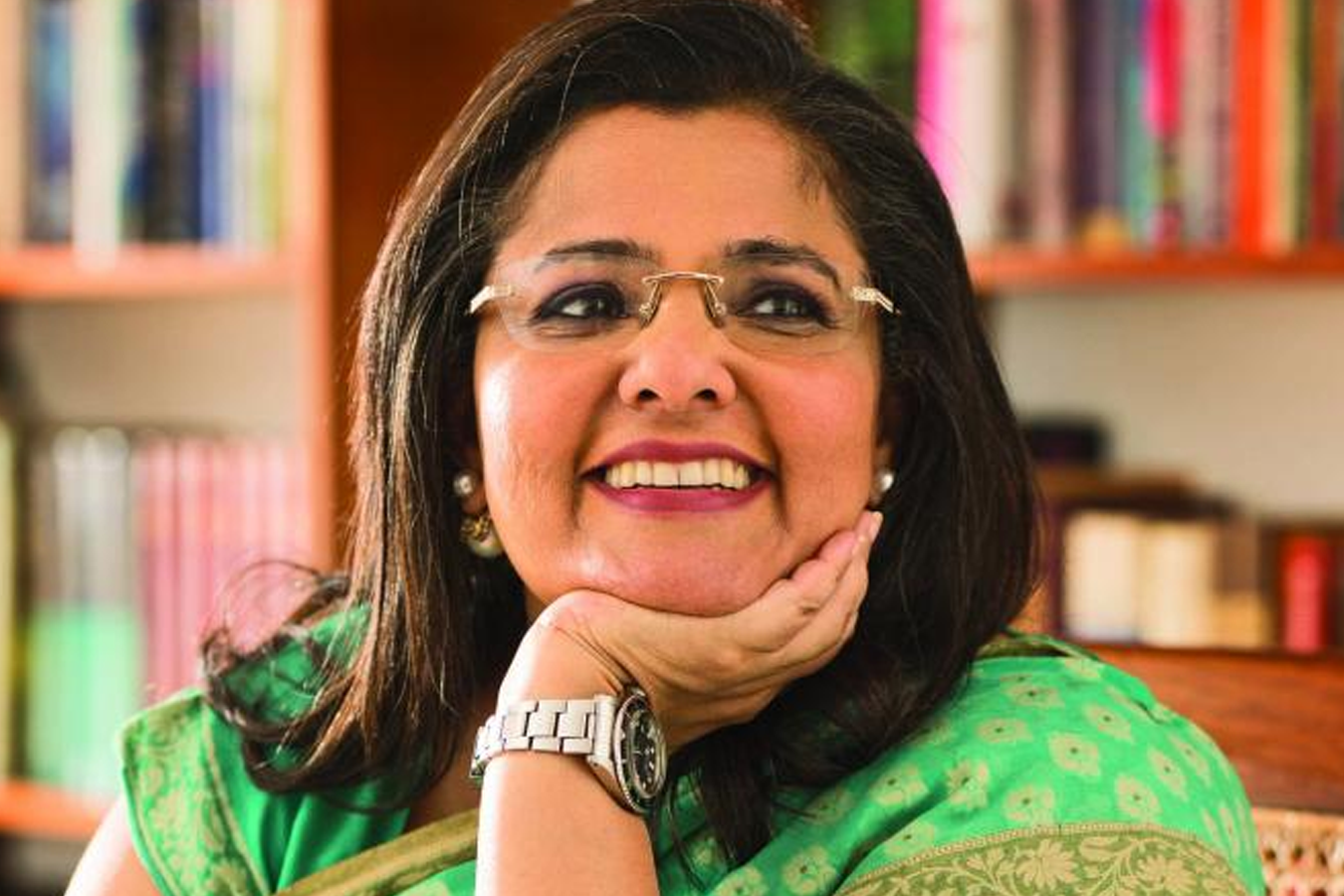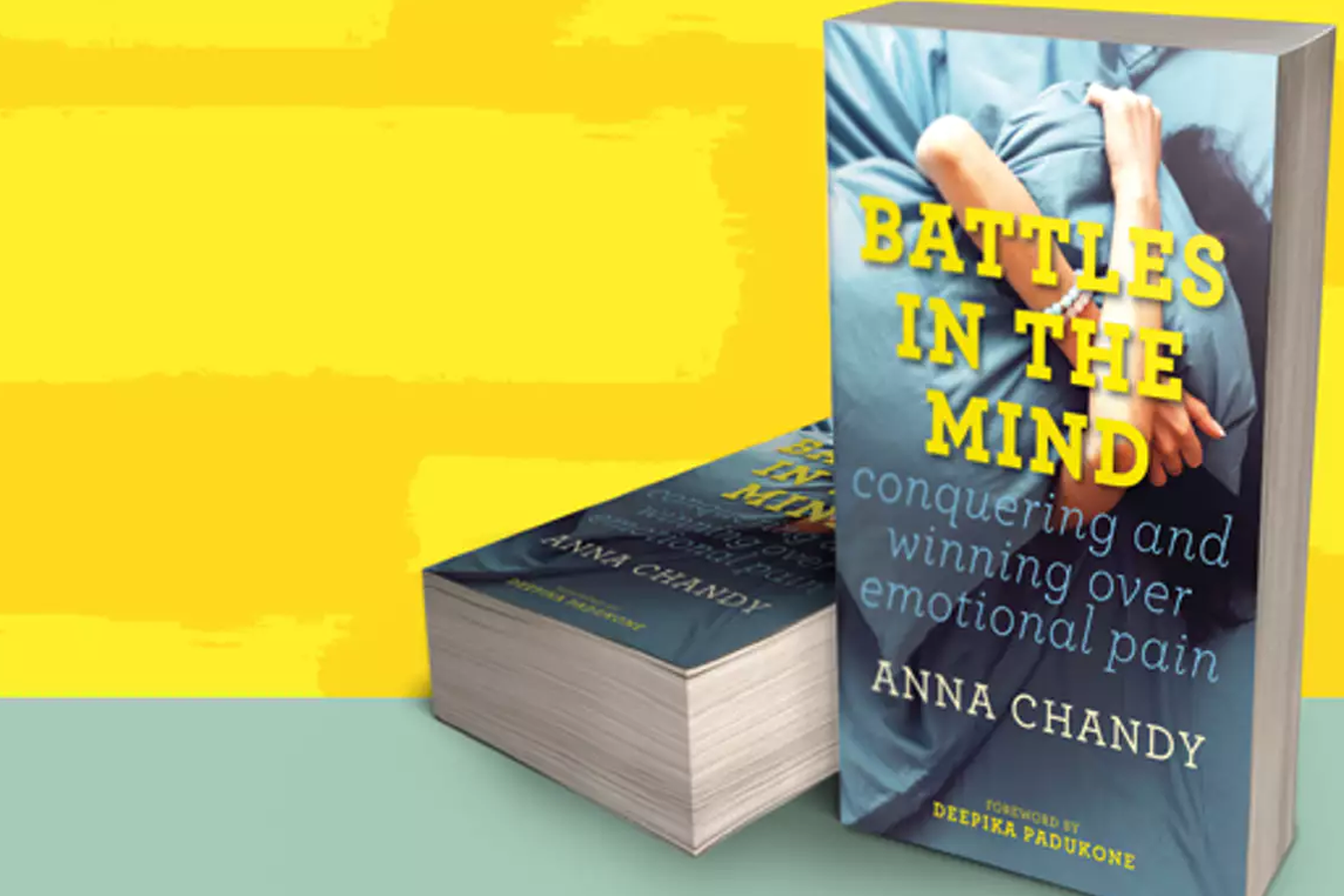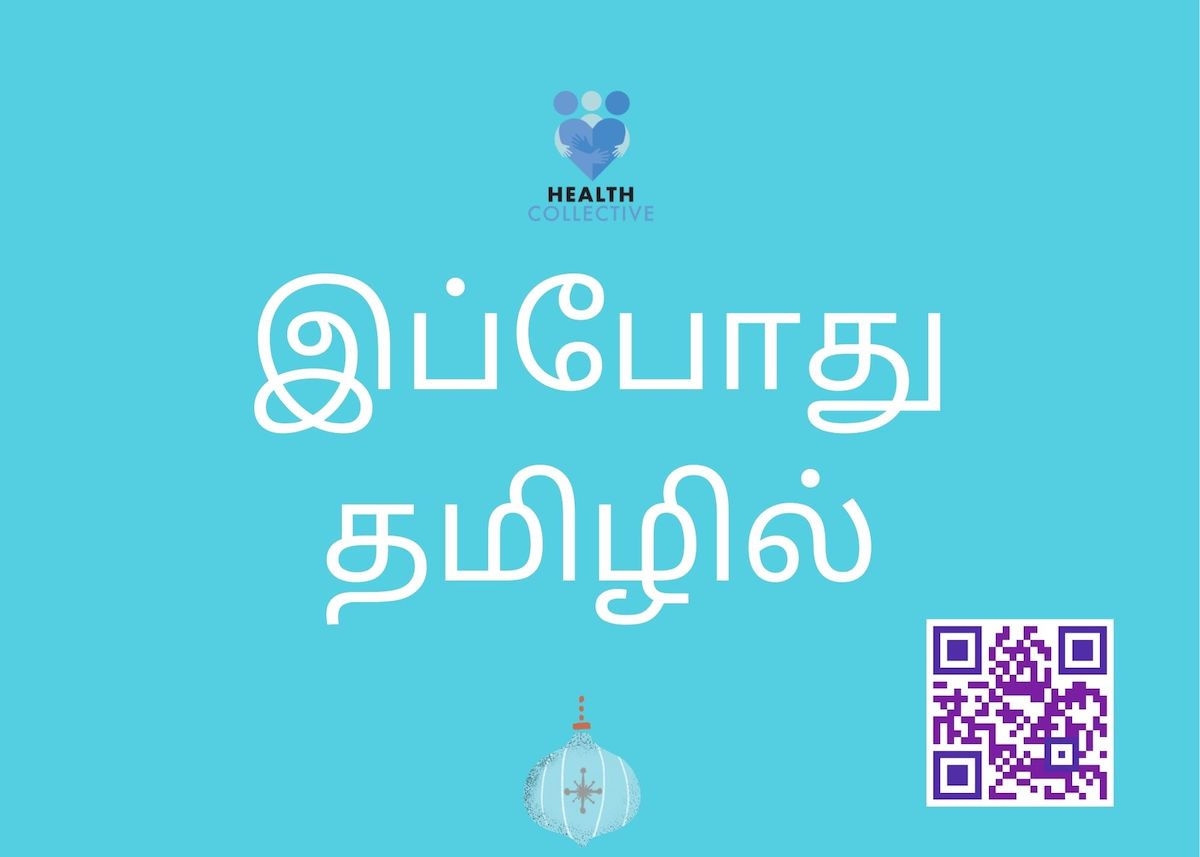We Need to Talk: The Anna Chandy Interview
Amrita Tripathi interviews Anna Chandy, author of Battles in the Mind, and Chairperson of Deepika Padukone’s The Live Love Laugh Foundation to find out more about her own journey to healing, and what the Foundation has been up to in India, trying to move the needle on Mental Health, and Mental Health conversations.
THE HEALTH COLLECTIVE INTERVIEW
1) Congratulations on your book Battles in the Mind. You’ve been very open about sharing your own personal struggles and journey to healing. Do tell us a little bit about this experience?
The entire project took around two and half years. I worked with the support of two writers to whom I would narrate the incidents /experiences along with my interpretations of it from my current professional role as a therapist. I was able to conceptualise the impact of the experiences and its outcome. For example my behaviour to be a “pleaser“ and inability to say “no” in the early years as a childhood, was a strategy to be “included” and not feel “abandoned “.
When revisited, some experiences made me sad even after all these years. But for most of them, I was able to view with a lens of objectivity since I have had so many years of therapy.
ALSO READ: An Excerpt from Battles in the Mind

2) You write very movingly about living through abuse — both CSA and emotional abuse at the hands of a parent. What is your message to a younger self? And what is your message to someone else who might be going through something similar but not have received help yet?
Let me clarify this….emotional abuse was from a parent and the CSA was from well-known family friends. Till today every morning and every night I assure my inner child that I was not the cause and there is no need for “guilt” or “shame”. I think this is the most important and valuable reassurance that is required for survivors of any form of abuse -physical, sexual, emotional or verbal.
ALSO READ: Where to get Help in India
3) How important is it to have these conversations, open conversations about mental health, in India?
I think and believe that it is essential to have open dialogue and discussion in India on mental health. Mental health is associated with stigma, shame, humiliation and secrecy and that is not healthy as it leads to an India that excludes diversity and disability.
4) Deepika Padukone has really been a game-changer in the mental health conversations we’re seeing in India — at least in urban India. Can you tell us a bit about the impact her frank disclosure on her struggle with depression has had?
Yes, she has been a game-changer to share her vulnerabilities on prime time national television. I admire and respect her for sharing her vulnerability for the greater long term purpose.
According to a research paper, “Given that the celebrity disclosures influence people’s attitudes and behaviours, it could be that knowing about these issues further prompt individuals to get more involved with the celebrity, and by extension the cause that they are espousing. In that manner, more individuals can eventually become advocates for the issue which becomes especially relevant in the stigmatised context of mental health issues in India. Celebrity disclosures may work in a manner similar to health messages delivered via narrative based and entertainment-education interventions and may be considered nonthreatening as compared to explicit health messages that advocate attitude and behaviour change that may evoke psychological reactance as the message recipients may sense a perceived threat to their freedom.”
ALSO READ: Ask the Experts: How Does Therapy Work
5) Do share any anecdotes or lessons learned through the work The Live Love Laugh Foundation is doing?
Since our launch, TLLLF has undertaken three flagship initiatives:
1) An awareness programme (“You Are Not Alone”) on depression for adolescents and teachers, that has been conducted in five states covering more than 36,000 students across 280 schools;
2) A programme to sensitize doctors on mental health called “Together Against Depression,” that has covered more than 2,000 doctors; and
3) The launch of Dobara Poocho, India’s first nationwide public awareness campaign on mental health.
The sessions have been very well received and we are glad that the programme has been delivered out across various locations. The programmes have also been tailored wherever possible. For e.g., when there is a prevailing social issue that highlighted, our program is tailored to educate and sensitise the locals to the effect t of the social issue and its impact on the mind.
One of our partners that delivers the program in schools in rural areas stated that alcoholism was a common feature amongst families in the community and this is something they addressed as part of the program.
During interactions with students in schools based in urban areas, frequently asked questions include clarification on symptoms of depression, mostly physical symptoms like headaches, fatigue etc; queries related to interpersonal relationships which is one of the major stressors for the adolescent age group and queries related to dependence on alcohol and nicotine.
Most sessions across schools have an average of 5 to 10 students, reaching out to the mental health professional post the completion of the session, seeking help for various emotional issues
Also Read: Your Stories: The Rise and Fall, Stages of BPD
6) There’s a larger theme this year for the WHO on stress in the workplace — Could you share your professional insight on this, in terms of the Indian context?
In my view, normal day-to-day stress is a component of living. When this day to day stress becomes “distress” then I think the individual needs support .Yes I do see many young individuals specially, unable to cope because of “distress” that was not addressed in the early years. They often start visiting doctors with psychosomatic ailments and are then directed to me when they need to explore themselves, psychologically. Initially, there is resistance to share but after a few sessions they open up and we are able to identify their triggers and that enable them to manage their life in a more holistic way.
Having said that the number of individuals who come to me sharing about their childhood trauma is frightening and yet indicates how common sexual and emotional abuse is.
7) And finally, in India we see multiple hurdles to people getting help for mental health issues — lack of awareness, superstitious beliefs or denial, stigma, but also critically, lack of trained professionals. What are some of your thoughts on these issues?
I think some of these are part of the DNA of our culture. If we need to change the direction of our conversation in breaking and reducing stigma, in my view it is important that we don’t negate cultural beliefs but engage with society to question and be curious if some of these beliefs need to be reviewed according to the context. Engagement and discussion is more productive that trying to be dogmatic.
With regard to trained professionals I think it is more important to have guidelines on ethical practice.




